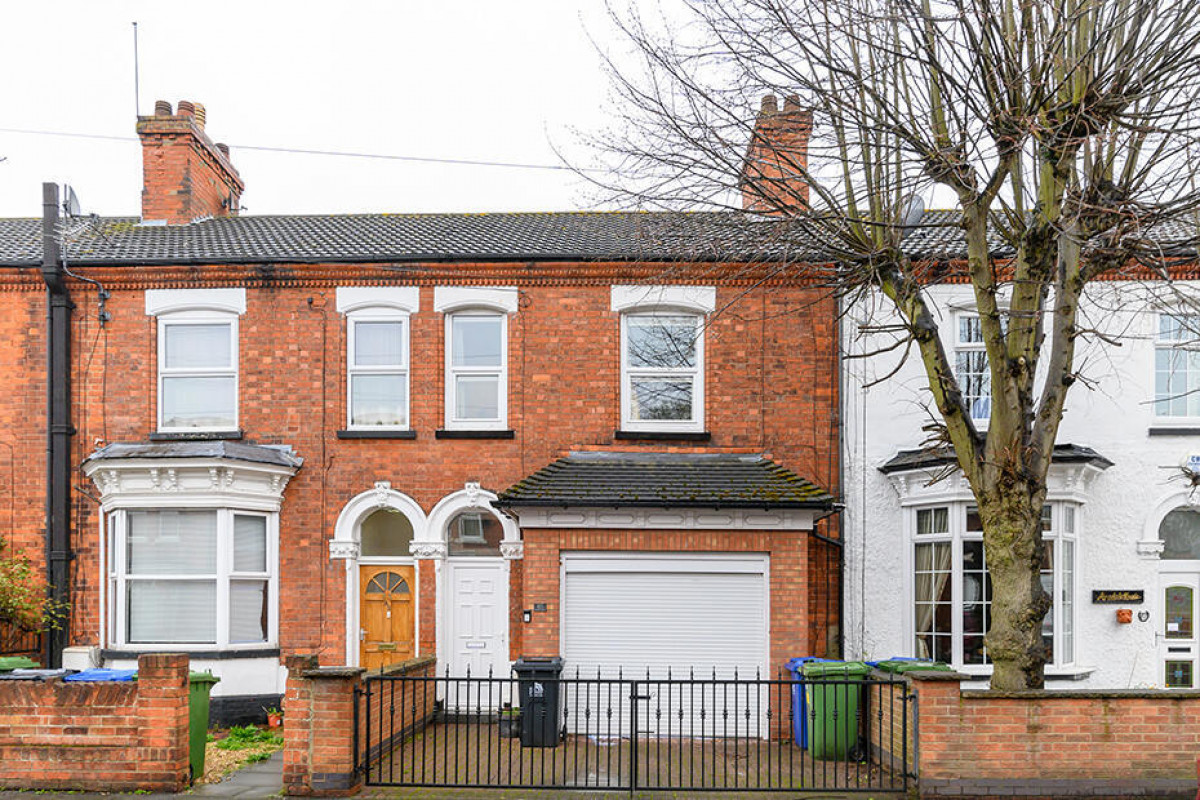The Impact of Uncertainty on the Housing Market

9th May 2023
In the aftermath of the Covid-19 pandemic, the average UK house price rose sharply and unexpectedly. The transition to working from home rather than being physically present in the workplace began to alter perspectives and priorities. Big cities were no longer so in demand as families sought out generous living spaces, plentiful gardens and access to coast or countryside. The cut in stamp duty also had a galvanising effect on the market, with buyers rushing to take advantage in June and September of 2021.
As we hit the autumn of 2022, however, this steep increase in the average UK house price began to wane and the housing market experienced a significant slump. Against an uncertain political backdrop, momentum slowed after the seismic September mini-Budget and with the onset of the cost of living crisis. With all these fluctuations in the market and in the wake of yet another interest rate rise, homeowners looking to move may feel confused on whether it’s a good time to take the next step on the property ladder.
Why did the Bank of England Raise the Interest Base Rate?
On 23rd March 2023, the Bank of England raised interest rates from 4% to 4.25% in an effort to keep inflation under control, bringing the base rate to its highest level since 2008. For 15 months, the rates have been rising steadily as the government have been trying to get to grips with a spiralling cost of living crisis.
In simple terms, rises in interest rates are positive for savers and less so for borrowers, although it’s rarely quite so black and white. Homeowners with existing fixed-rate mortgages won’t feel the effects until the end of their fixed rate terms, while those with variable rate mortgages will see significant increases in payments. Factoring in these increases with soaring energy and food prices could leave thousands of homeowners feeling the pinch and wondering whether moving during the current climate is a sensible idea.
A Slow Market; But There Have Been Positives
While a slow market isn’t always beneficial for homeowners, the fall in prices and demand has helped many first-time buyers to take the plunge. Average house prices may have fallen since the peak in August 2022 but with first-time buyers getting on the property ladder due to slowing demand, the market has shown some movement.
It’s also worth bearing in mind that higher value markets have and continue to fare better, given homeowners’ reduced reliance on mortgages. Cash buyers continue to buy and sell, providing some stability to the higher end of the market.
Signs of Recovery
Despite the Bank of England raising the base rate, the beginning of 2023 has brought some optimism with average house prices rising in February and March. House prices have started to recover after the autumn slump, receiving a further boost from the spring effect. It is worth noting that despite economic uncertainty unemployment rates are low at 3.7%, a factor which has a direct correlation to the stability of the housing market. It is clear that average house prices fare better in areas of low unemployment.
Fluctuations in the market may seem concerning in the short term but there are signs of economic recovery. It is essential that homeowners consider their own personal circumstances and look to the long term future in deciding when to take the next step on the housing ladder.
Subscribe to our blog for the latest property news!
Company Registered in England and Wales | Company Name: Griffin Property Co | Company Reg No.09362284



















